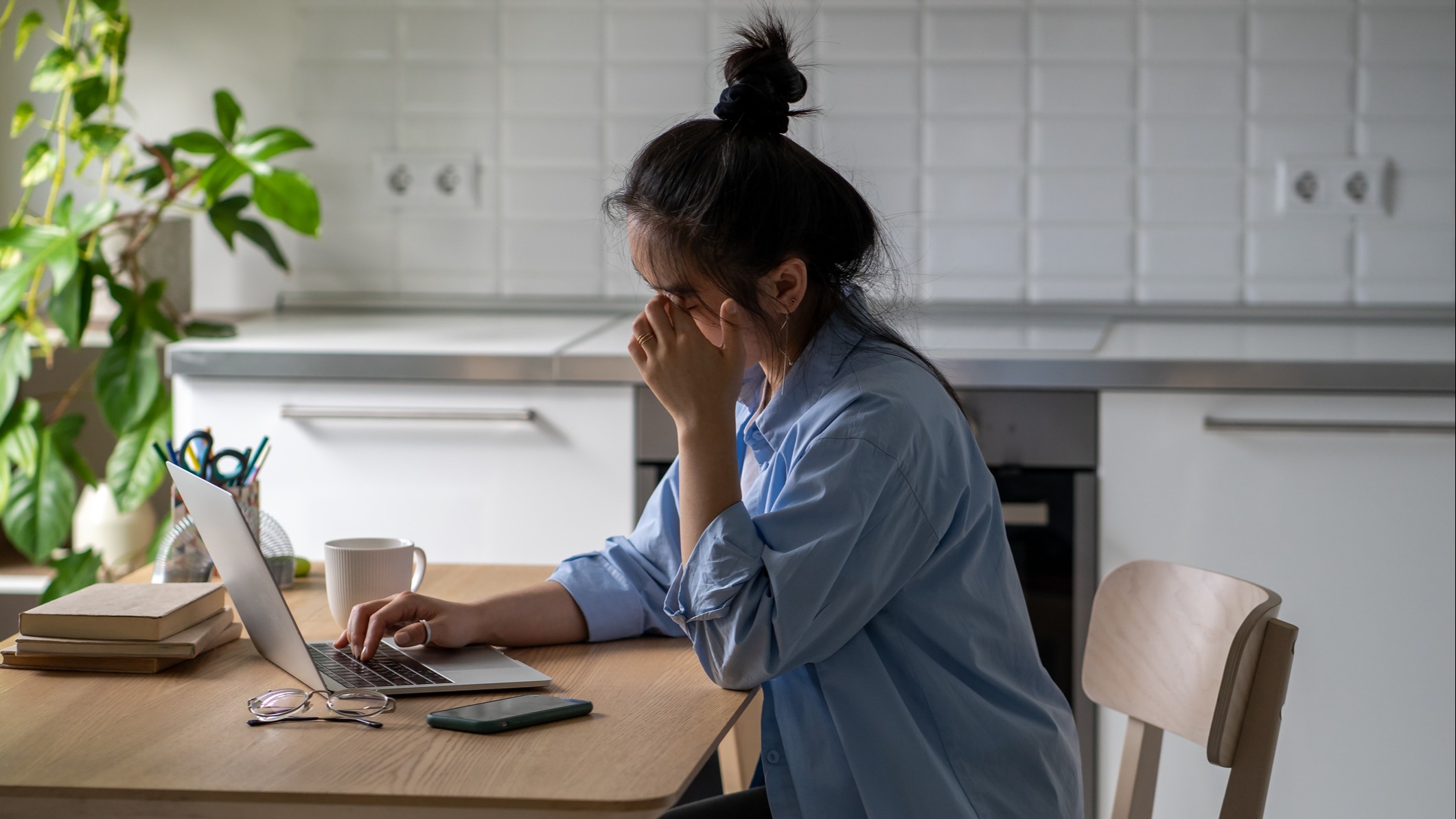Millennials grew up during a major boom in ADHD diagnoses when the number of children taking stimulants like Ritalin and eventually Adderall jumped from 600,000 in 1990 to 3.5 million in 2013. Since then, cases and prescriptions have continued to rise — worsening the ongoing shortage of ADHD medication. Without these drugs, it can be difficult for someone who’s neurodiverse to function in a productivity-obsessed world. Which begs the question: How do you figure out if the meds are allowing you to be the best version of yourself or if they’re just enabling you to fit in?
How ADHD meds can help people feel “normal”
Stimulants can be a “game changer” for people with ADHD, says Lidia Zylowska, MD, psychiatrist and ADHD specialist. When unchecked, ADHD symptoms can negatively affect your relationships, finances, career, mental health, and more, she adds. “So many of my ADHD patients are like, ‘Yes, this works so well, it makes me feel normal,’” says Sasha Hamdani, MD, a psychiatrist specializing in ADHD.
On a recent episode of the podcast “Search Engine,” host PJ Vogt described how transformative ADHD meds were for him: “I remember thinking, ‘Oh, this is what it's like for other people.’” The drugs allowed him to become a more productive human in the eyes of society: someone who cleans their room, does homework, graduates from college, and excels at their job. “I felt like I'd accomplished a life I was proud of, and that I owed no small part of it to the molecules,” Vogt explained.
Shifts like this are common among people who take ADHD meds, and they can bring up difficult feelings: “I was held hostage by the feeling that my success wasn’t caused by my own hard work; it was caused by the prescription,” says one writer in ADDitude magazine. A popular Reddit thread includes a reminder for them: “Your accomplishments while on medication are yours! Not your medications.” Riley, who has been taking stimulants for ADHD on and off for over a decade, says she used to “joke that I can't read without [my meds], which obviously isn't true, but it felt that way.”
Because stimulants come with “desirable effects” that can help people find success, there’s also a risk of abuse, says Zylowska. Especially in environments that can be taxing to the ADHD brain, like stressful college experiences. “There's all these pressures to be productive and to study and to focus for long periods of time,” and people might feel like they need to overuse medications to keep up, says Zylowska.
Riley experienced this pressure when academic stress, combined with the culture of abusing stimulants (often among students without ADHD), caused her to sometimes take more than prescribed. “I think I got too casual with the way I was taking it and was also drinking four cups of coffee and writing papers until 2 am” — which affected her sleep and triggered a panic attack.
Finding yourself on (or off) meds
Balancing who you are with and without the meds takes some self-reflection: “I would encourage people to … keep [asking], ‘How is this helping me?’” says Zylowska. She says when stimulants work, they should make you feel like the best version of yourself. For example: Some people fear that taking medication will dull their creative spirit. Ideally, medication should help you “harness that creativity,” she explains.
If you feel like the meds are turning you into someone you’re not, talk to your doctor. One possibility is that the dose is wrong: Too high of a dose can exacerbate side effects and potentially make people feel “flat or like a zombie,” says Zylowska.
Alternatively, you may decide with your doctor to reduce the frequency of your meds — or stop taking them entirely. But don’t stop without consulting your doctor first because it can be “shocking to the system,” says Hamdani. You’ll also want to ask how you can manage ADHD without meds (by forming good sleep habits and eating well, for example) or with different meds.
And know that it may feel harder to meet the expectations of your job and your life if you’re used to taking meds. For Vogt, leaning into that difficulty after he stopped taking stimulants was rewarding. “I felt more capable of thinking thoughtfully. And I started wondering, in those two decades [of taking meds], what I'd missed,” he said on the podcast. While that’s his journey, for plenty of others, the balance may be different. Whatever you decide, let it be for you — not to please anyone else.
theSkimm
Having an ADHD brain can make it difficult to navigate a world where productivity is prized, and distractions are ever-present. ADHD medication can help people fit into society — but what if neurodivergence was more widely embraced as a strength that could be harnessed? In that world, it’s possible we wouldn’t need to be so stimulated.
Subscribe to Skimm Well
Sign up here to receive our wellness newsletter (currently in beta), filled with actionable advice, expert-vetted content, product recs, and more — delivered directly to your inbox.
